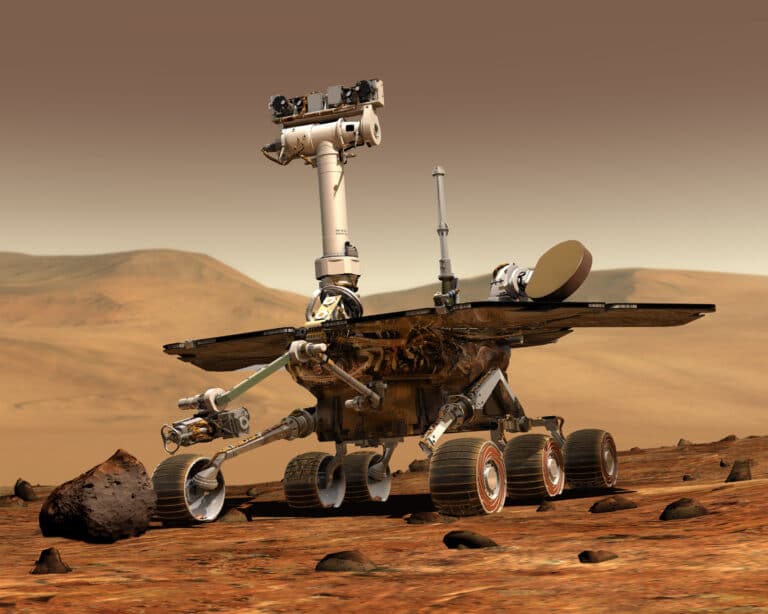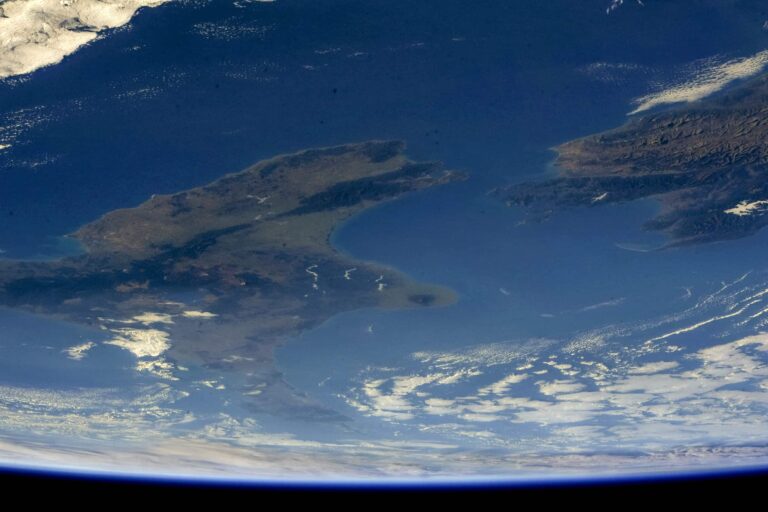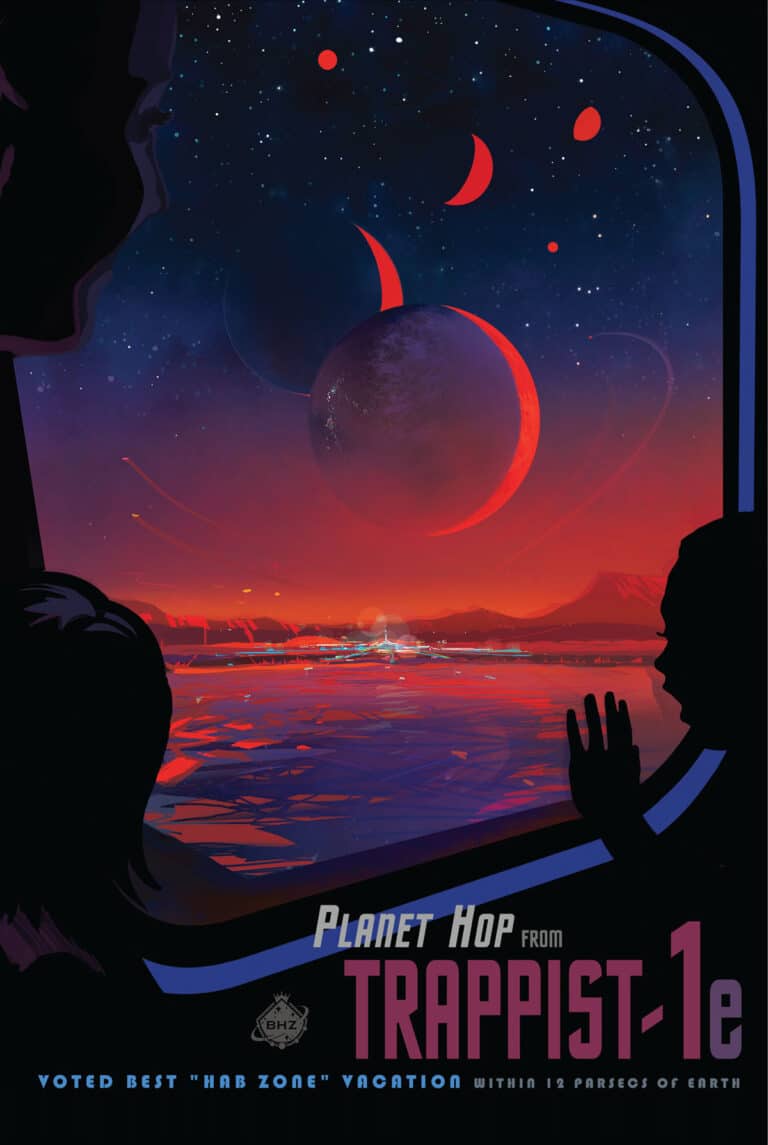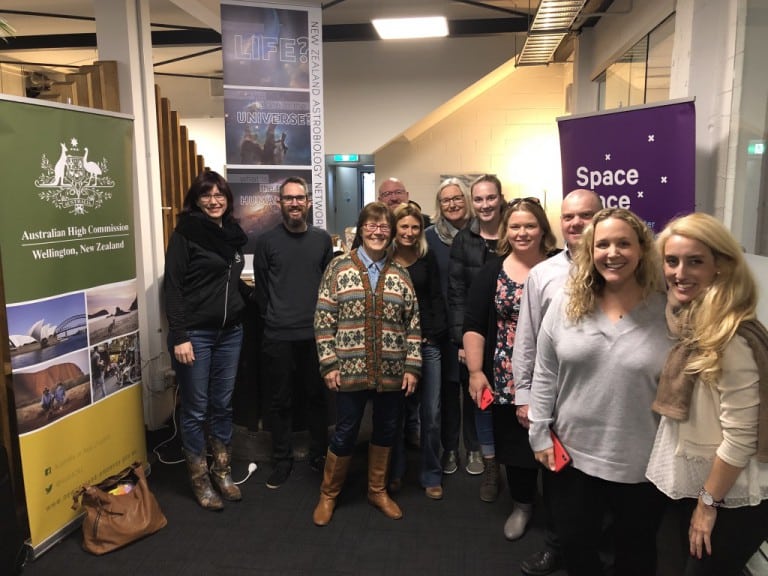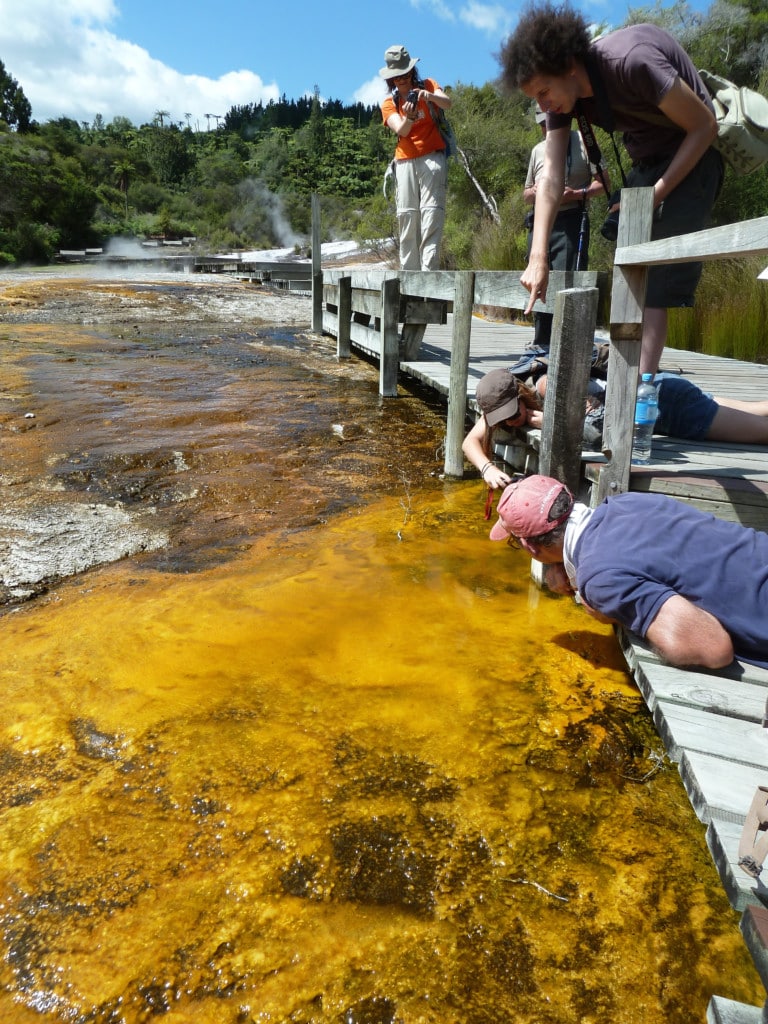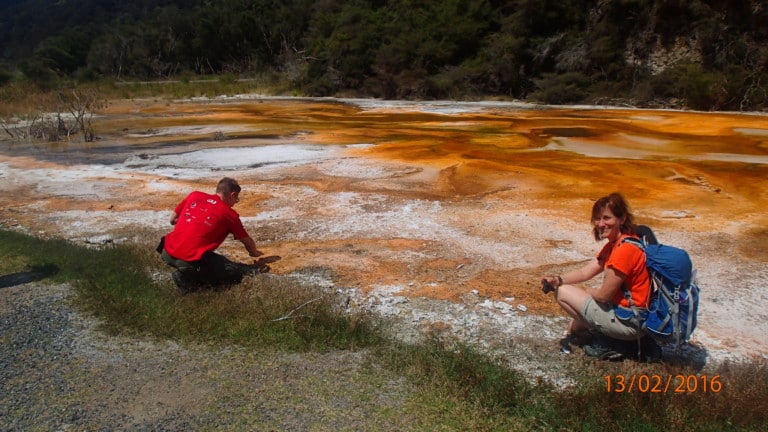About
Welcome to the New Zealand Astrobiology Network
Kia ora
When we started this journey in 2013, astrobiology wasn’t yet a discipline in Aotearoa. All we had was a small list of names—New Zealanders who might be interested in the subject. With the support of the Royal Astronomical Society of New Zealand, we formally established the New Zealand Astrobiology Initiative as a new group within RASNZ. The goal was to connect people passionate about life in the Universe and, one day, establish an astrobiology institute inspired by NASA’s Astrobiology Institute model.
I’m proud to say that today, astrobiology is part of New Zealand’s educational landscape. We teach it in universities and schools, inspire it in communities, and look after it through research and outreach.
Milestones in our journey
New Zealand Astrobiology Network is a charitable trust established in 2016. The trust is dedicated to encouraging, assisting, and promoting astrobiology in New Zealand. We also help provide access to programmes in astrobiology education and outreach around the world.
Victoria University incorporates astrobiology as part of their SPCE 101 Introduction to Space Sciences Course and we got invited to deliver the astrobiology lecture.
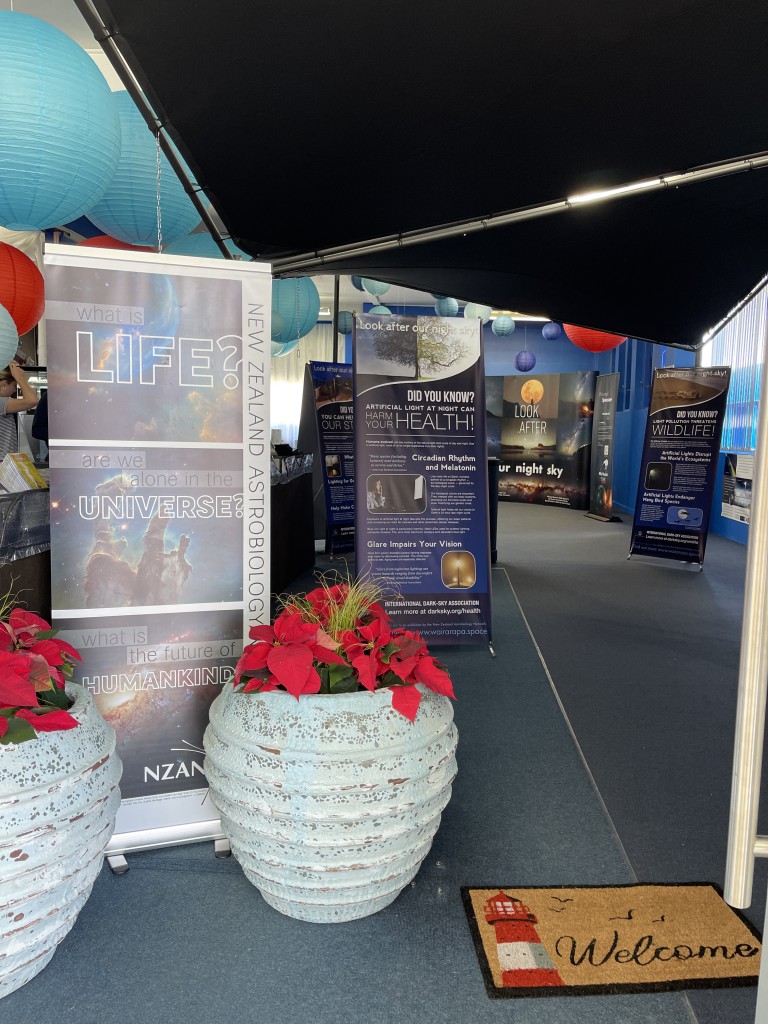
NZAN ran the very successful Wairarapa Space Science Centre in Carterton for over 45 days, welcoming over 3500 visitors.
We created Look After Our Night Sky, an educational project about light pollution and dark skies. Our exhibition is available for schools, along with our online resources.
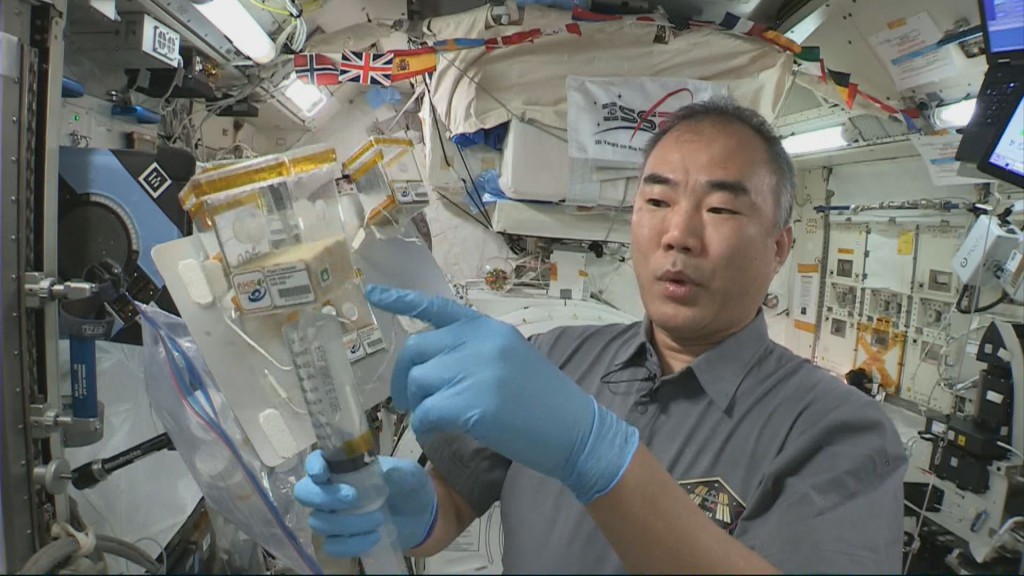
In partnership with JAXA’s Kibo ABC, NZAN provided basil seeds to over 100 New Zealand schools to grow them in tandem with the ISS. Students looked at how space affects life firsthand.
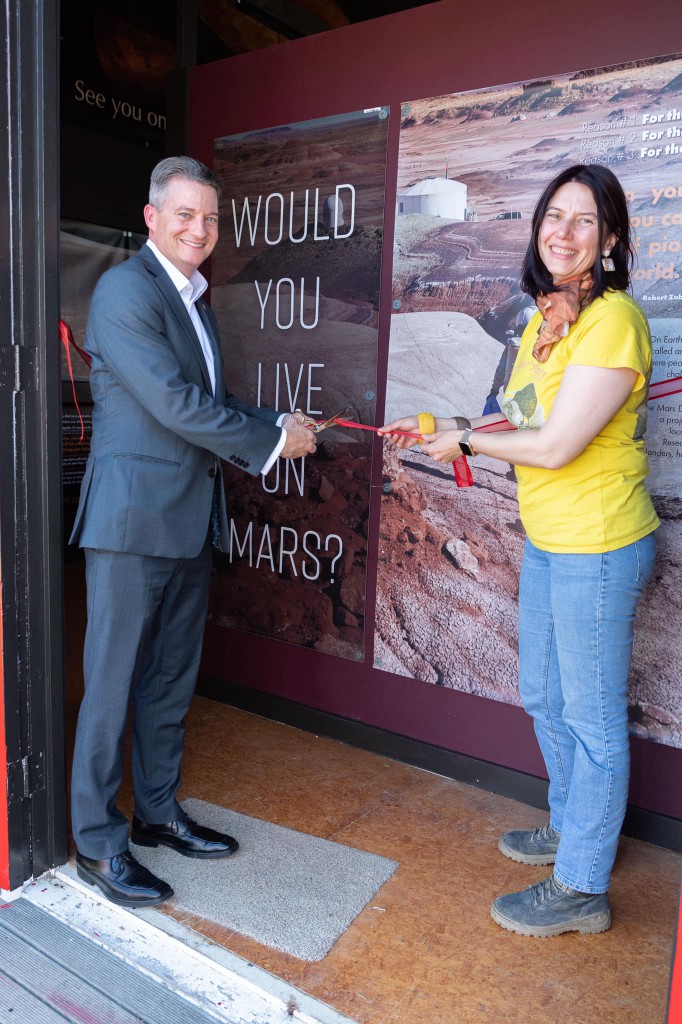
Opened at Stonehenge Aotearoa in Wairarapa, with the support from the US Embassy and the Phoenix Astronomical Society, the exhibition featured a keynote by Mitch Schulte (NASA) and inspired many visitors.
At Auckland University, a team led by Professor Kathy Campbell launches ASTRO 200G Astrobiology, New Zealand's first academic astrobiology course.
NZAN visits the United Nations in Vienna at the invitation of World Space Week and becomes NZ’s World Space Week Country Coordinator.
We also became an education and outreach partner for JAXA’s Kibo-ABC programme.
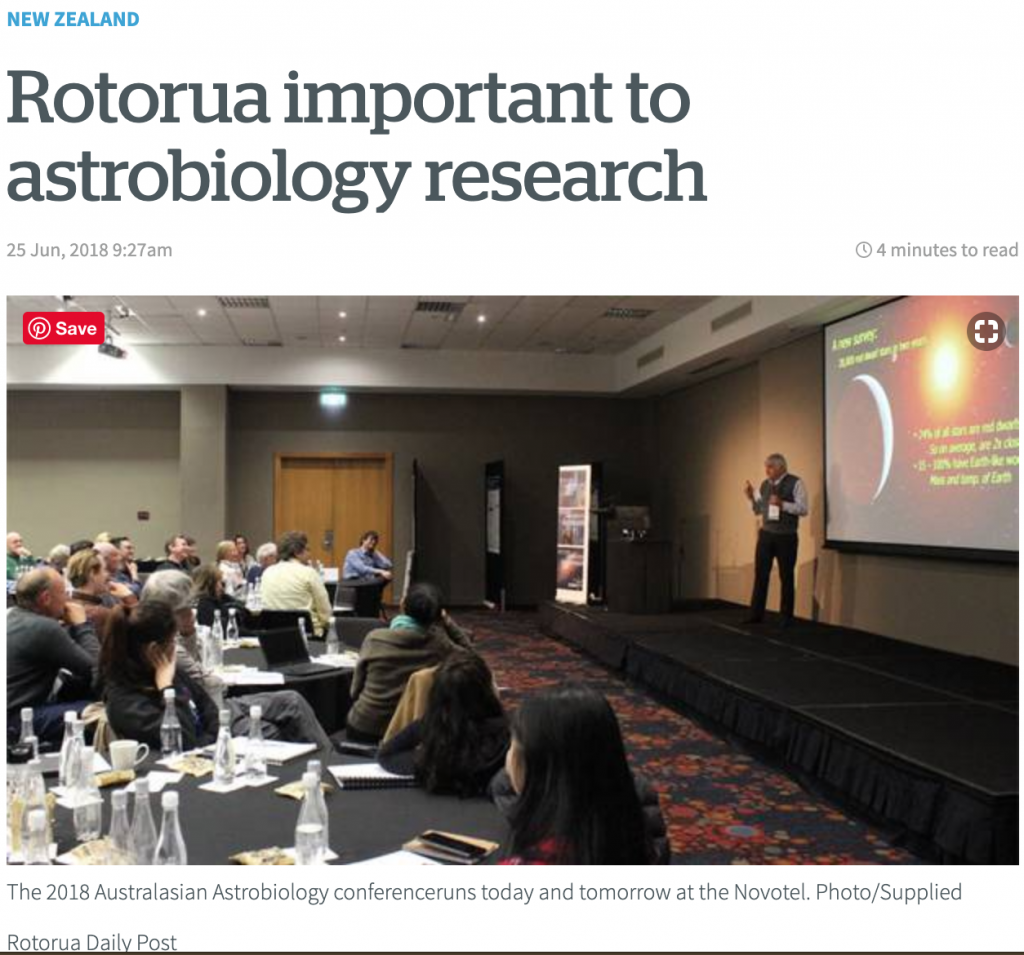
With over 80 scientists attending, we organised and co-hosted this event alongside our Australian colleagues and NZ university partners.
The conference included the first New Zealand Astrobiology Workshop for Teachers.
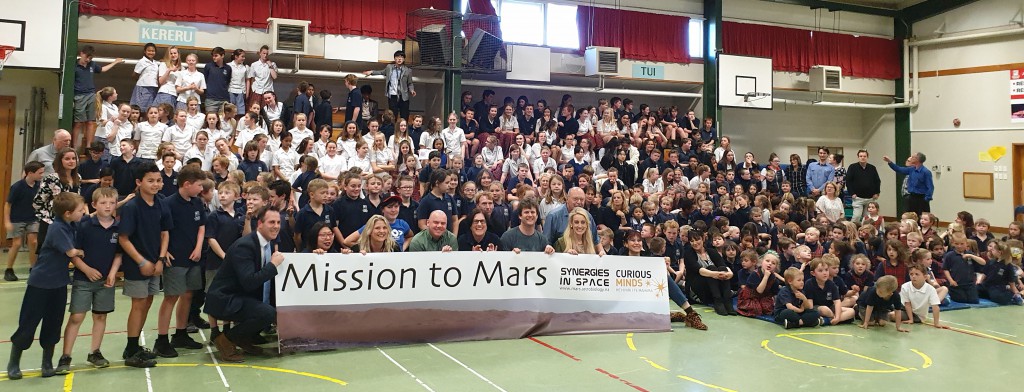
NZAN gets awarded a Curious Minds grant, to run Synergies in Space, a hands-on Mars mission pilot project for teaching space exploration in schools.
In collaboration with NASA and Oxford School (Canterbury), this week-long immersive programme reached almost every junior student in the school. It included NASA scientist Mitch Schulte as the keynote guest, BMSIS and NASA scientist Jen Blank and astrobiologist Angelica Angles.
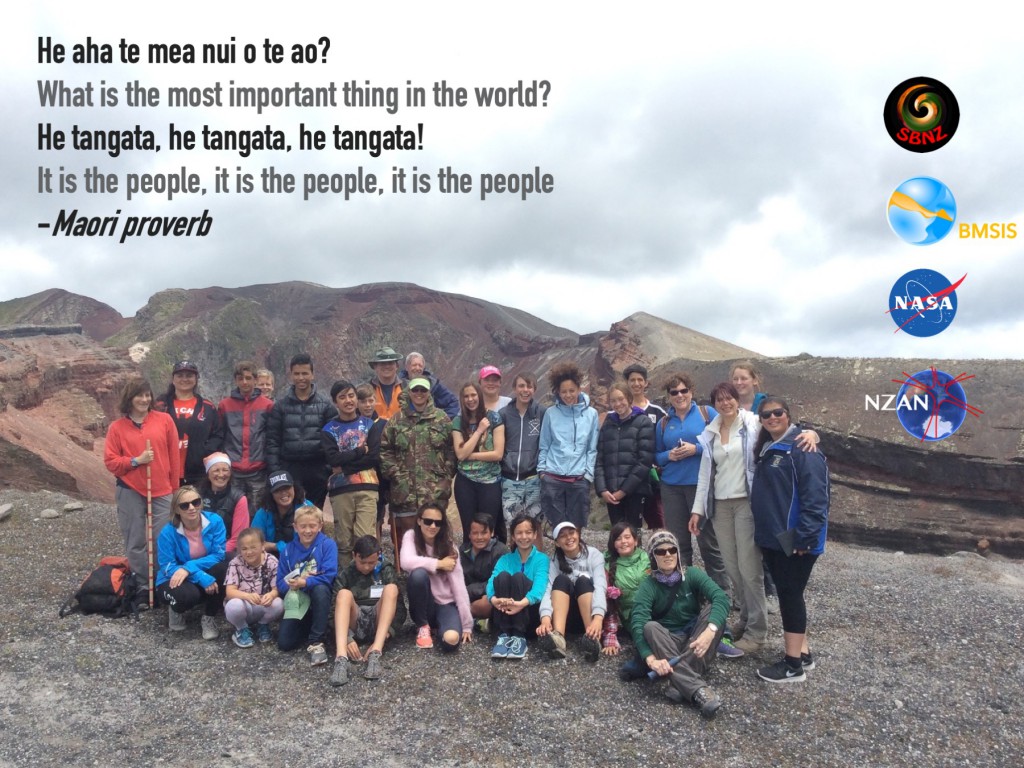
A dedicated student edition, supported by a grant from Curious Minds and the University of Auckland, gave school students direct access to cutting-edge science and astrobiology mentoring.
The New Zealand Astrobiology Network Trust is incorporated as a Charity.
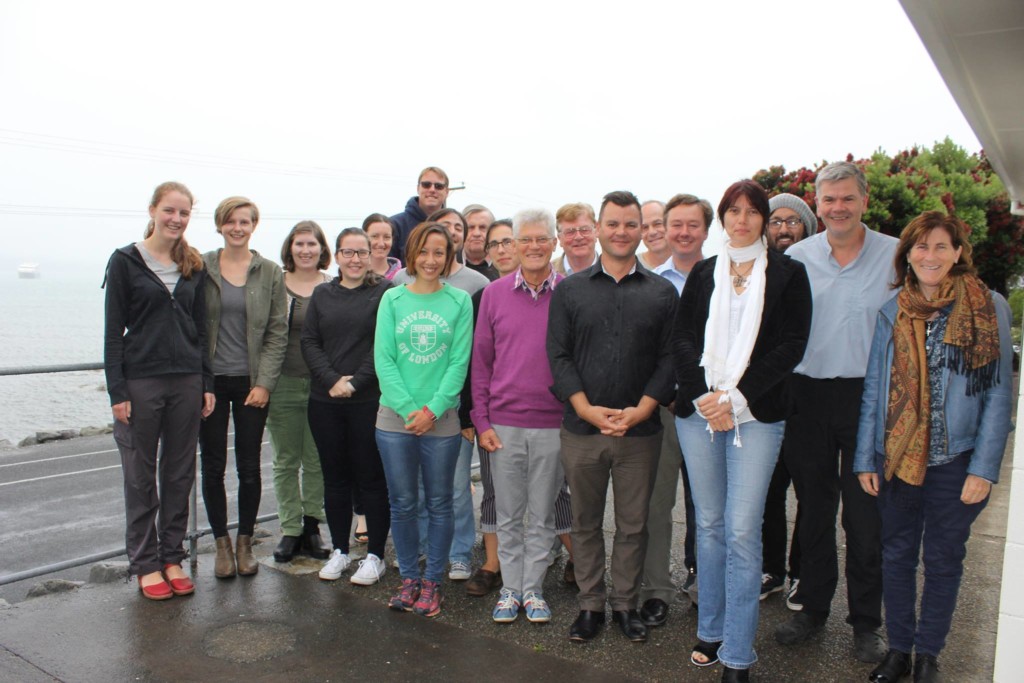
A group of small but dedicated group of astrobiology supporters organise the first Astrobiology Meeting with participation from astrobiology enthusiasts from around Aotearoa.
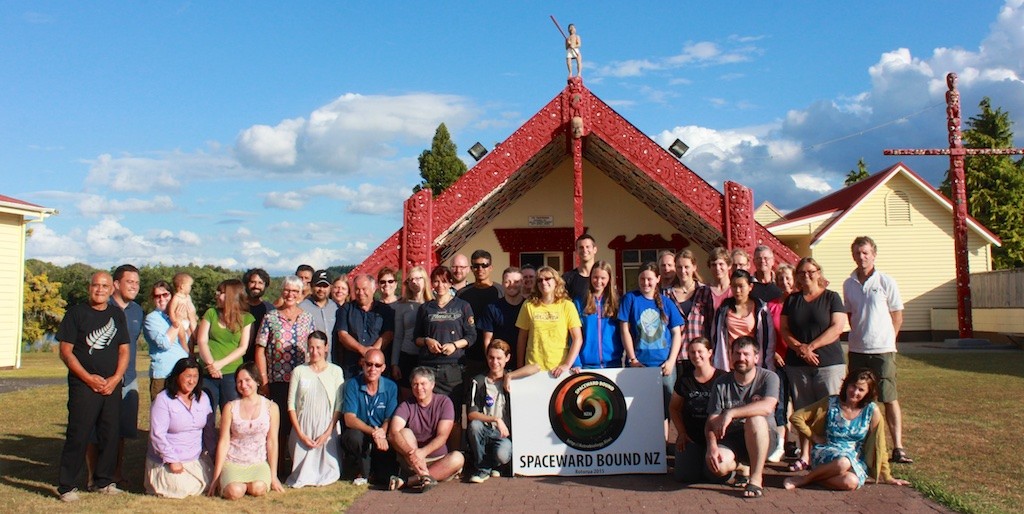
Our inaugural field expedition brought together 50 participants and included teachers, students, scientists, and a NASA-led delegation. It marked the birth of astrobiology fieldwork in New Zealand.
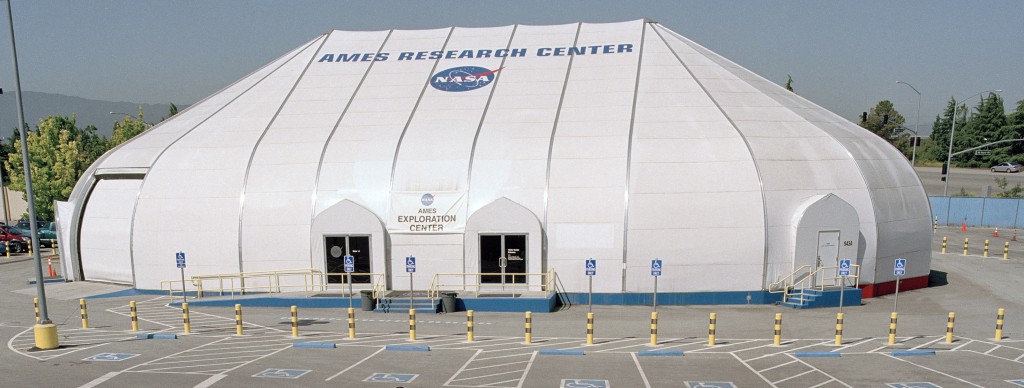
NZAI gets the word out at NASA Ames. Following various meetings with NASA's Institute of Astrobiology, scientists and educators at NASA Ames, and a seminar on why New Zealand is a top astrobiology field location, Hari joins the Blue Marble Institute of Science (BMSIS). Subsequently, NZAI gets support from BMSIS.
Special thanks to Jen Blank for all the introductions, support and inspiration, the team at BMSIS led by Sanjoy Som, and to Alphonso Davila for contributing his astrobiology course materials. Last but not least, to Seth Shostak for all the wisdom.
In June 2014, at the suggestion of Hari Mogoșanu, the Royal Astronomical Society of New Zealand (RASNZ), votes to add the New Zealand Astrobiology Initiative (NZAI) to their initiative groups, thus becoming the first organisation within New Zealand to formally recognise astrobiology as a discipline.
Special thanks to Grant Christie for his continuous encouragements and support.
New Zealand is considered to be an excellent field site for astrobiological research. For example, there are unique extremophiles in the hot springs in Rotorua and Lake Taupo, and we can easily access the KT Boundary or the Dry Valleys in Antarctica. We continually expand our network of scientists throughout New Zealand with excellent credentials in interdisciplinary research that contribute to astrobiology. Skills in microbiology, ecology, biosecurity, physics, astronomy, radio astronomy, and geology, to name a few, represent an accessible yet rich knowledge base with local expertise.
Astrobiology is about life, but more than that, it’s about the connection between disciplines, people, and places. Whether you’re an educator, a student, a scientist, or simply curious, there’s a place for you in our community.
We invite you to be part of this incredible journey.
Haritina Mogoșanu
Executive Director
New Zealand Astrobiology Network
What's next
Want to bring astrobiology to your school or project? Contact us
Astrobiology gives us the agency to think about the future of humankind.
Hari Mogoșanu Tweet
